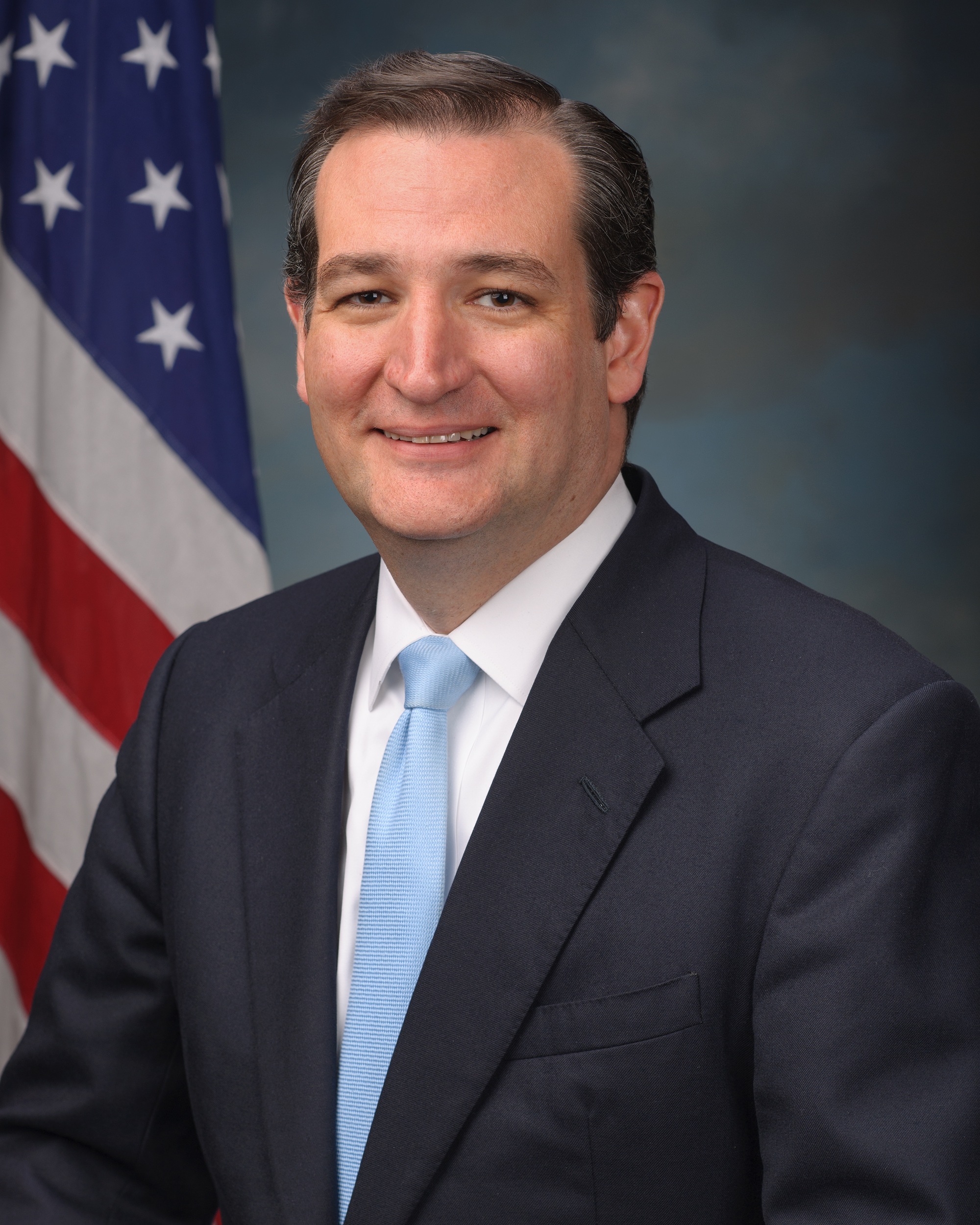U.N. Court: U.S. Must Ease Sanctions on Iran
On October 3, the International Court of Justice (ICJ) ordered the United States to ease sanctions on Iran for humanitarian reasons. President Donald Trump withdrew the United States from the 2015 nuclear deal in May 2018 and imposed a first round of sanctions on Iran in August. A second round of sanctions, which will target oil exports, will go into effect on November 4.

